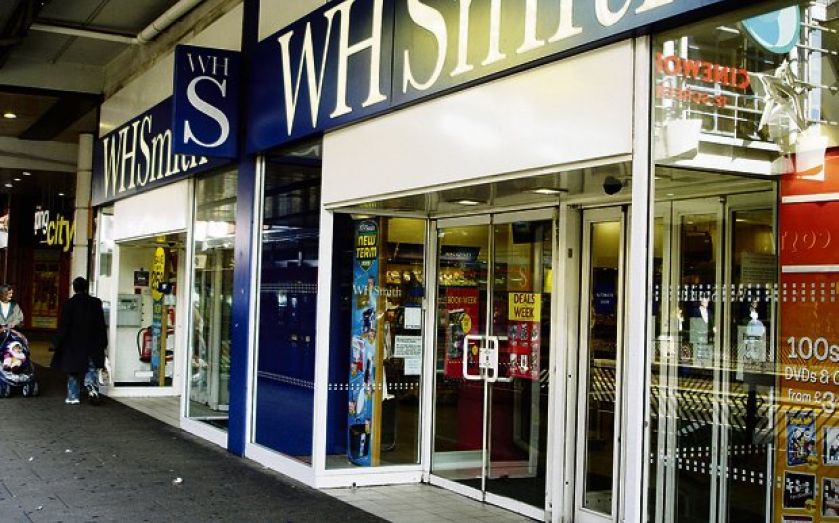CNBC Comment: May could be a stock-picker’s market

AS WE approach the month of “sell in May and go away”, markets remain range-bound, if not directionless. The sell-off in emerging markets has been halted for now (even though the supposed reason for this, US tapering, is ongoing), and many of these markets recovered substantially during the first quarter.
Flows into Europe are continuing to prop up stocks, with European equities attracting more than $1bn (£594m) in the week ending 9 April, according to the latest EPFR Global data. Despite the fear of the Ukraine crisis escalating, and despite Italian leadership rejigging, the data shows net inflows into Spanish and Italian stocks to the tune of $150m per country. In contrast, German and UK funds carried out $250m in redemptions over the period. The overriding theme from the vast majority of my guests, however, seems to be “buy Europe”.
We have now come to accept that US and European interest rates will stay low for at least another year – and probably quite a lot longer. And if there is one thing you don’t want to do, it’s bet against the central banks.
STOCKS TO WATCH
Alex Gunz, a fund manager at Heptagon Capital, thinks this is a stock-pickers market, and that it’s about identifying businesses that look attractive and constitute good opportunities after the recent sell-off. Gunz told me he likes the retailer WH Smith. He thinks the business looks stable and, apart from having strong growth prospects, he also sees more cash being returned to shareholders.
Jungheinrich, the German premium manufacturer of forklift trucks, is another company Gunz likes, with attractive exposure both to the Eurozone recovery and to growth in online retail. Lastly, Gunz favours the US Kansas City Southern Railway company, as it’s geared towards US industrial growth.
In a further quest for good value, Edmund Shing, global equity portfolio manager at BCS Financial Group, told me that he likes Royal Dutch Shell, as it offers a price to earnings ratio of just over 10 times, and a dividend yield of more than 5 per cent. Shing says this would look good to value investors, and he points out that, if geopolitical tensions were to push oil and gas prices higher, Royal Dutch Shell could be useful to have in your portfolio to benefit from this trend, while also serving to make the most of considerable yields.
Louisa Bojesen is the presenter of